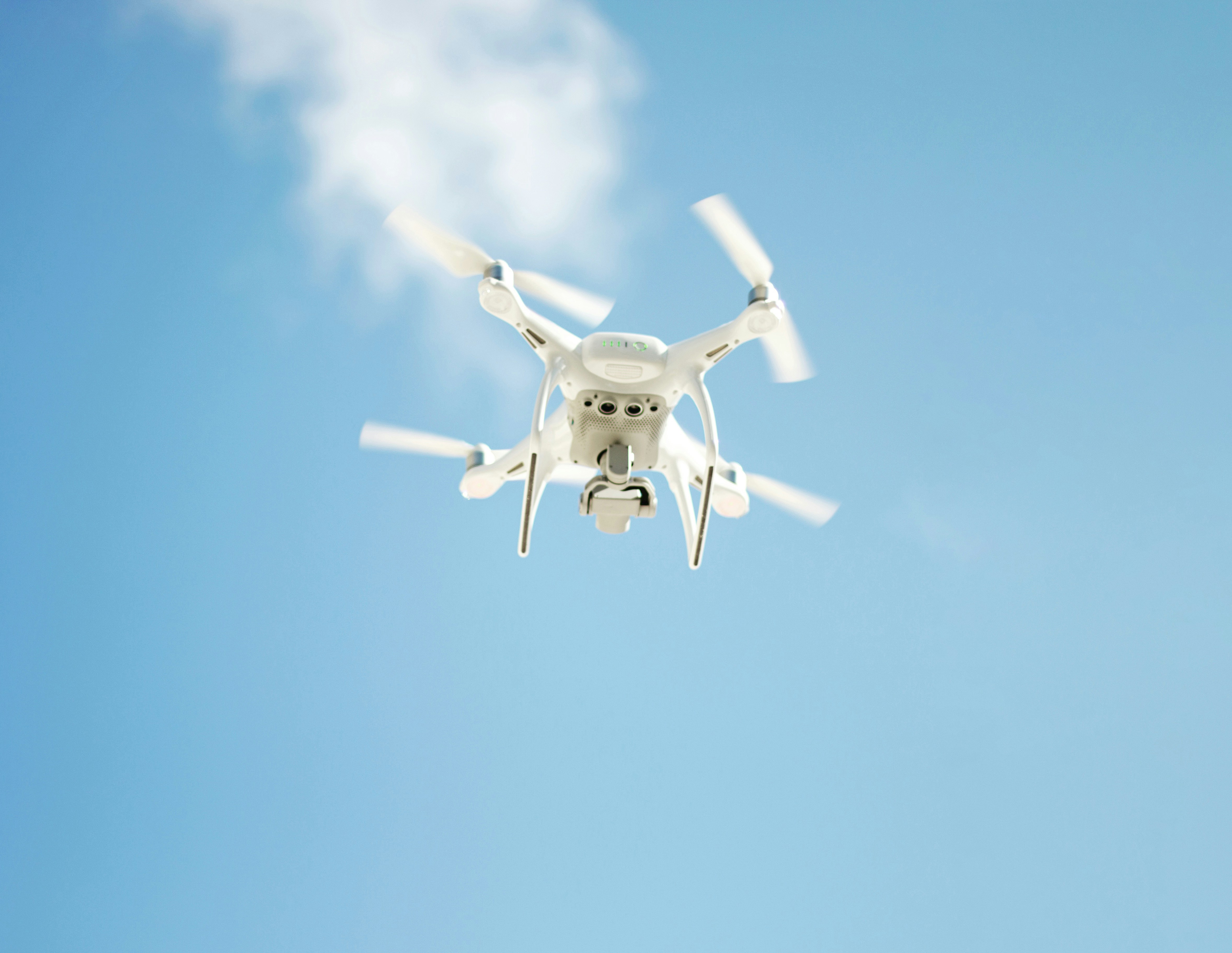
The Best Free Tools & Platforms to Practise UAV Skills in 2025/26
Unmanned Aerial Vehicles (UAVs), often referred to as drones, are no longer just hobbyist gadgets. They are now central to industries including logistics, construction, agriculture, energy, filmmaking, defence, and emergency services. The UK is seeing strong growth in UAV adoption as businesses explore cost-savings, safety improvements, and new commercial opportunities. For job seekers aiming to work in UAV engineering, piloting, software, or research, practical experience matters. Employers want more than a basic understanding of aerodynamics or regulations. They need candidates who can build, simulate, and operate UAV systems. The challenge? Real UAV hardware is expensive, flight testing is subject to strict regulation, and crashes are costly. But there’s good news: many free tools and platforms exist that allow you to practise UAV skills safely, effectively, and without breaking the bank. This article explores the best free tools available in 2025 to help you practise UAV skills, build projects, and prepare for careers in the drone and UAV sector.

